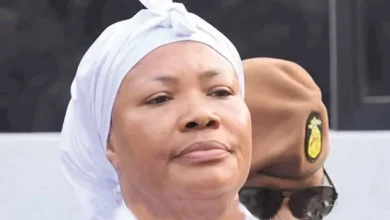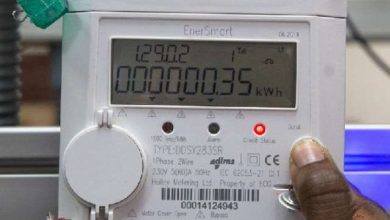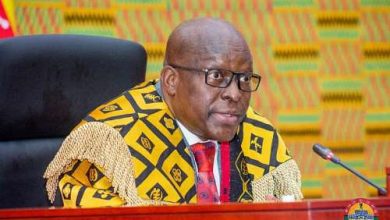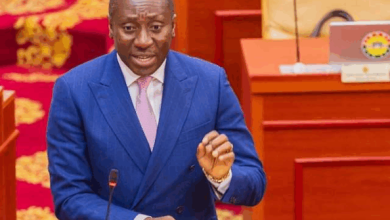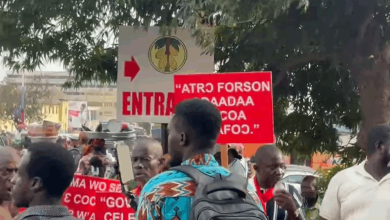Council of State explores ways to reduce debt exchange impact

The Council of State has engaged the Institute of Chartered Accountants, Ghana (ICAG) and the Ghana Association of Bankers to enable it to make suitable recommendations to the government on measures to reduce the impact of the Domestic Debt Exchange Programme (DDEP).
The council gave the assurance that it would, in line with its mandate, continue to engage institutions and groups and make the necessary recommendations so as to find suitable solutions to the country’s challenges, including the current financial challenges.
In a statement issued yesterday, the council said the engagement was in view of the urgency and critical importance of the DDEP for a successful conclusion of negotiations with the International Monetary Fund (IMF) and the effects on individual and institutional bondholders.
Context
Ghana is reeling under severe economic conditions, with inflation at 54.1 per cent and the public debt at GH¢467.4 billion, representing 75.9 per cent of Gross Domestic Product (GDP).
The country’s credit worthiness has been slashed to near junk status by all the international rating agencies, a situation which has made it practically difficult for it to access finance on the international financial market.
The government is currently negotiating for a $3 billion support from the IMF, and as part of measures, it has introduced a debt-restructuring programme or the DDEP to enable it to bring the country’s debts to sustainable levels, about 55 per cent of GDP in the medium term.
The DDEP has, however, faced stiff opposition from many entities that hold government bonds, including individual bondholders and corporate institutions such as banks, rural and community banks.
The government has since December 31 last year revised the programme to exclude pension funds following threats by organised labour to embark on industrial actions and also modified the design and extended the deadline for voluntary onboarding three times.
The Ministry of Finance has, however, stepped up its engagements with various stakeholders on the DDEP
Launch
On December 5, last year, the Minister of Finance, Ken Ofori-Atta, launched the government’s voluntary DDEP as part of measures to reduce the debt burden and give the government some breathing space to deal with the fiscal challenges facing the country.
With the DDEP, domestic bondholders face steep interest rate cuts and the lengthening of tenor on their investments.
Domestic debt investors are being asked to exchange their existing securities for 12 new ones, each of which offers a zero coupon (interest) in the first year and five per cent in the second year, 2024.
For bonds that are maturing this year, the government is offering to pay a two per cent cash fee on the outstanding value in return for extending the tenor of new bonds to be issued to them to mature between 2027 and 2033.
For holders of bonds that will mature after 2023, their 12 new bonds will attract coupons of eight and nine per cent between 2024 and 2038. Under this arrangement, it is expected that a bond will mature each year, starting from 2027 to 2038.
Holders of short-term debt securities, comprising Treasury bills of 91-day, 182-day and 364-day, are excluded from the DDEP.
Source: graphic online

